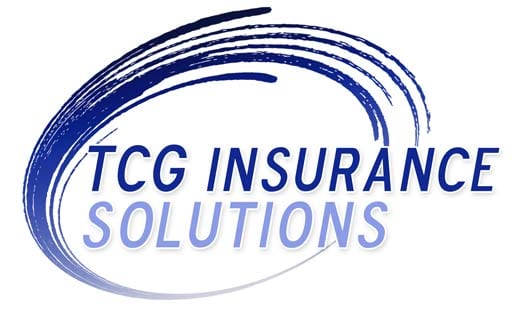Image by Pexels
Maintain High Credit Score
A high credit score is an essential tool for achieving financial success. Whether you plan to apply for a loan, rent an apartment, or get a credit card, your credit score plays a significant role in the decision-making process. Maintaining a good credit score not only opens doors to better financial opportunities but also helps you qualify for lower interest rates and more favorable terms. In this blog post, we will explore practical tips to help you maintain a high credit score and take control of your financial future.
- Check Your Credit Report Regularly
The first step in maintaining a high credit score is to be aware of your credit standing. Obtain a free credit report from each of the three major credit bureaus—Equifax, Experian, and TransUnion—once a year. Review your report for any errors, discrepancies, or unauthorized accounts. Disputing and correcting inaccuracies promptly can prevent potential damage to your credit score.
- Pay Bills on Time
One of the most crucial factors affecting your credit score is your payment history. Consistently paying bills on time, including credit card payments, loans, and utility bills, demonstrates financial responsibility and can significantly boost your credit score. Set up payment reminders or automatic payments to avoid missing due dates, helping you maintain a positive payment history.
- Reduce Credit Card Balances
Credit utilization, or the percentage of available credit you’re using, is another critical component of your credit score. Aim to keep your credit card balances below 30% of your total credit limit. By reducing your credit card balances, you demonstrate responsible credit management, which positively impacts your credit score.
- Avoid Opening Multiple Credit Accounts Simultaneously
Opening several credit accounts within a short period can signal financial instability to lenders. Each credit inquiry generates a “hard inquiry” on your credit report, which temporarily lowers your score. Instead, focus on maintaining a few well-managed credit accounts to build a strong credit history.
- Keep Older Credit Accounts Open
The length of your credit history also affects your credit score. Older, well-managed credit accounts show lenders that you have a proven track record of responsible credit usage. Avoid closing old credit cards, even if you don’t use them frequently. Keeping them open can contribute positively to your credit score.
- Diversify Your Credit Mix
Having a mix of different types of credit can positively influence your credit score. Alongside credit cards, consider having installment loans (like car loans or mortgages) to demonstrate your ability to manage different types of credit responsibly.
7. Resist Maxing Out Credit Cards
Maxing out your credit cards can significantly hurt your credit score. Aim to use your credit cards responsibly and keep balances well below the credit limit. Keeping a low credit utilization rate demonstrates your financial stability and responsible credit usage.
- Limit Credit Applications
Each time you apply for new credit, it triggers a hard inquiry on your credit report. Multiple hard inquiries within a short period can lower your credit score. Only apply for credit when necessary and avoid making multiple credit applications in a short span.
Conclusion
Maintaining a high credit score requires consistent effort and financial discipline. By checking your credit report regularly, paying bills on time, reducing credit card balances, and managing credit responsibly, you can build and maintain an excellent credit score. Remember that financial habits take time to form, so be patient and stay committed to your financial goals. With a high credit score, you’ll have greater access to financial opportunities and the confidence to achieve your long-term dreams. Here at TCG Insurance Solutions we understand the importance of a good credit score and how it may impact what you pay for insurance premiums.
Our Debt Free 4 Life program is your ultimate support system designed to guide and assist you if you find yourself in debt. We understand that financial challenges can happen to anyone, and that’s why our program offers personalized strategies and expert advice to help you regain control of your finances and pave the way to a debt-free future.
Contact us using this link: https://form.jotform.com/eric1848/DFW


